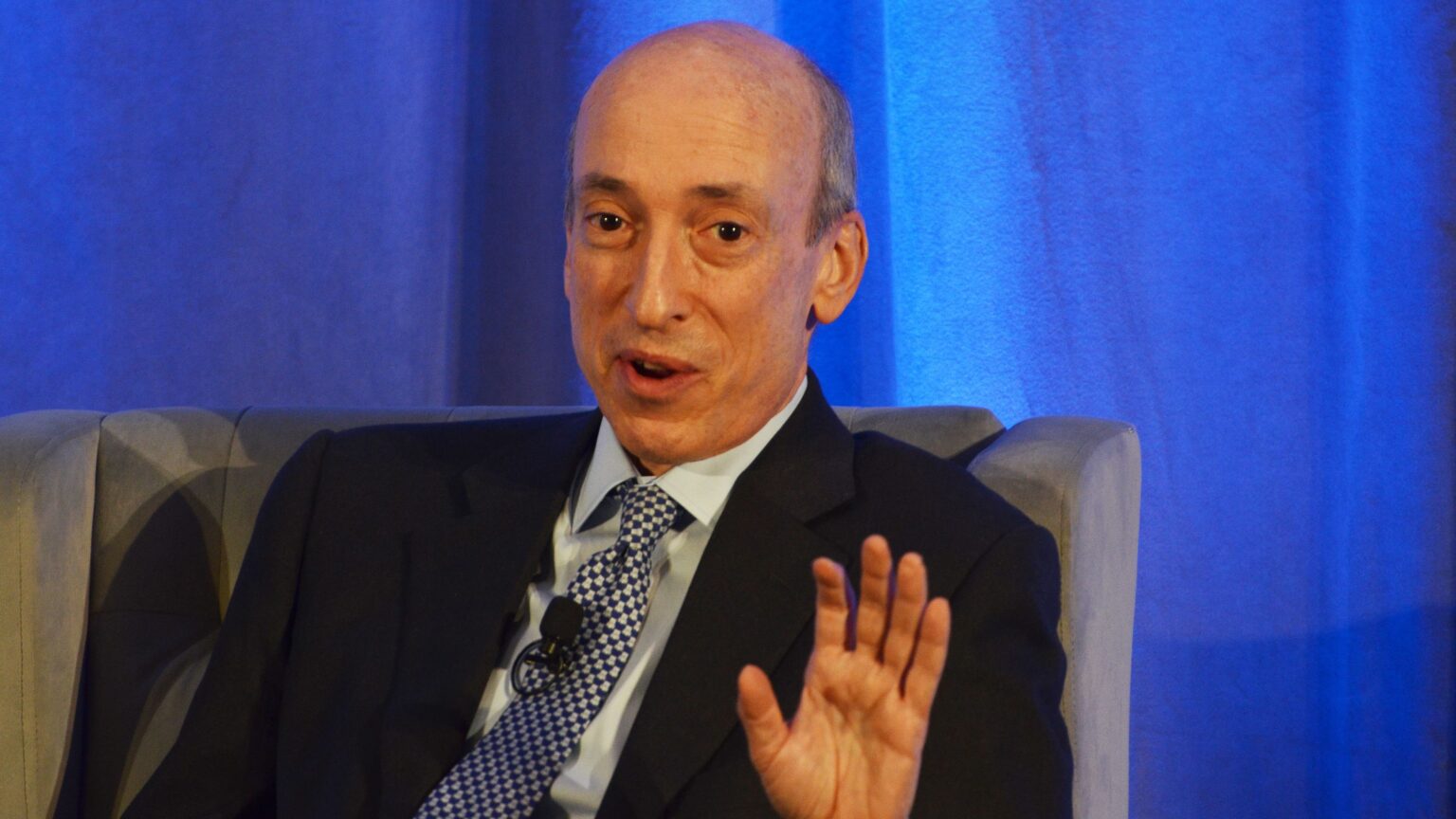Commissioner Mark Uyeda has stepped into the role of Acting Chair at the U.S. Securities and Exchange Commission while awaiting Senate confirmation for President Donald Trump’s pick for the permanent position, Paul Atkins. Uyeda, a strong advocate for easing regulations on the crypto industry, previously worked as a counsel for Atkins at the agency. Atkins, who has ties to the crypto industry through his consulting business in Washington, was nominated shortly after Trump’s inauguration.
Acting Chair Uyeda has been vocal about his views on the SEC’s approach to digital assets. He has criticized the commission’s efforts to restrict the crypto industry, including measures like the Staff Accounting Bulletin 121 (SAB 121), which created obstacles for banks dealing with digital assets. Uyeda has expressed his support for removing such restrictions, a decision that now falls under his authority.
While the official announcement of the change in leadership has not been made, fellow commissioners Hester Peirce and Caroline Crenshaw issued a joint statement on the departure of former Chair Gary Gensler. Gensler, known for his tough stance on the crypto industry, resigned at noon on January 20, coinciding with Trump’s inauguration.
During Gensler’s tenure, the SEC pursued enforcement actions, implemented controversial accounting policies for crypto, and proposed stringent regulations that posed challenges to the industry. Gensler’s opposition to spot crypto exchange-traded funds was eventually overturned, allowing for their establishment.
Under Uyeda’s leadership, the SEC is experiencing a turnover in senior legal officials who worked under Gensler. While Uyeda has full authority as Acting Chair, he may choose to defer major decisions to the incoming permanent chair, Paul Atkins.
In a similar transition, Republican Commissioner Caroline Pham has been appointed as Acting Chair of the Commodity Futures Trading Commission, awaiting a permanent successor to outgoing Democrat Chair Rostin Behnam. Unlike the CFTC, the SEC currently has a Republican majority of 2-1 over Democrats. The Effects of Social Media on Mental Health
In today’s digital age, social media has become an integral part of our daily lives. With platforms like Facebook, Instagram, Twitter, and TikTok dominating the online space, it’s no surprise that social media has had a profound impact on our mental health. While social media can connect us to friends and family, provide entertainment, and keep us informed, it can also have negative effects on our mental well-being.
One of the most significant ways that social media affects mental health is through comparison. When we scroll through our feeds and see curated images of people living seemingly perfect lives, it’s easy to feel inadequate or envious. This can lead to feelings of low self-esteem, self-doubt, and even depression. Research has shown that the more time people spend on social media, the more likely they are to experience these negative emotions.
Another way social media can impact mental health is through the validation we seek from likes, comments, and shares. When we post something online, we often look for validation from others in the form of likes and comments. This can create a cycle of seeking external validation for our self-worth, leading to feelings of anxiety and low self-esteem when we don’t receive the validation we crave.
Additionally, social media can contribute to feelings of loneliness and isolation. While social media allows us to connect with others online, it can also lead to feelings of disconnection from real-life relationships. Spending too much time on social media can take away from meaningful face-to-face interactions, leading to feelings of loneliness and isolation.
Furthermore, social media can also contribute to a fear of missing out (FOMO). Seeing our peers posting about their exciting lives and experiences can make us feel like we’re missing out on something. This can lead to feelings of anxiety and inadequacy, as we compare our own lives to the highlight reels of others.
So, what can we do to protect our mental health in the age of social media? One key strategy is to limit our time on social media and set boundaries for ourselves. By taking breaks from social media and focusing on real-life relationships and activities, we can reduce the negative impact it has on our mental well-being. It’s also important to remember that what we see on social media is often a curated version of reality, and not a true representation of someone’s life.
In conclusion, while social media can have many benefits, it’s important to be mindful of its potential impact on our mental health. By being aware of the negative effects of social media and taking steps to protect our well-being, we can navigate the online world in a healthier and more balanced way.

